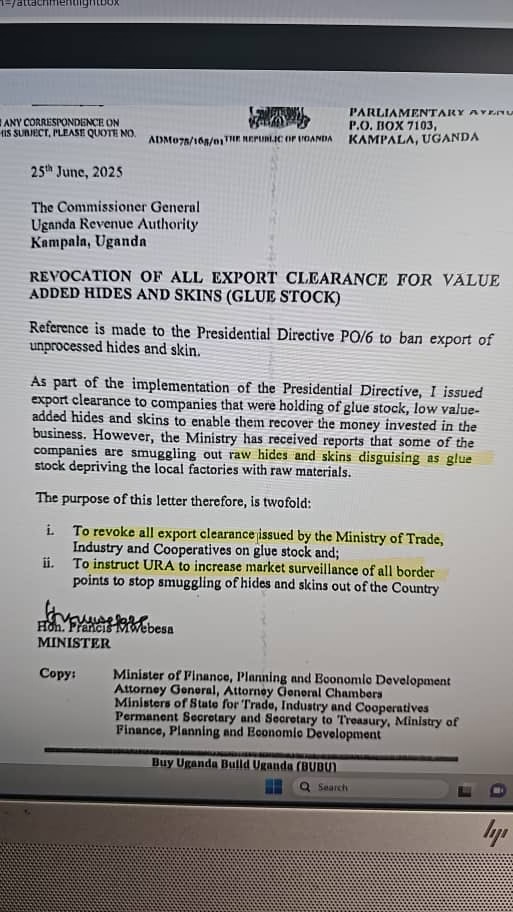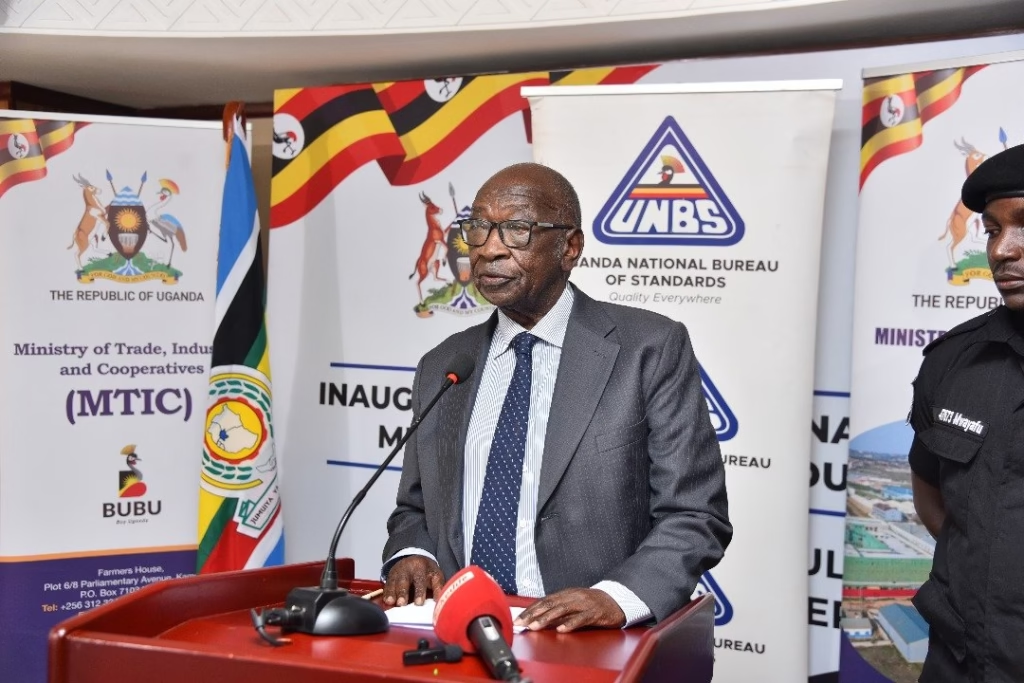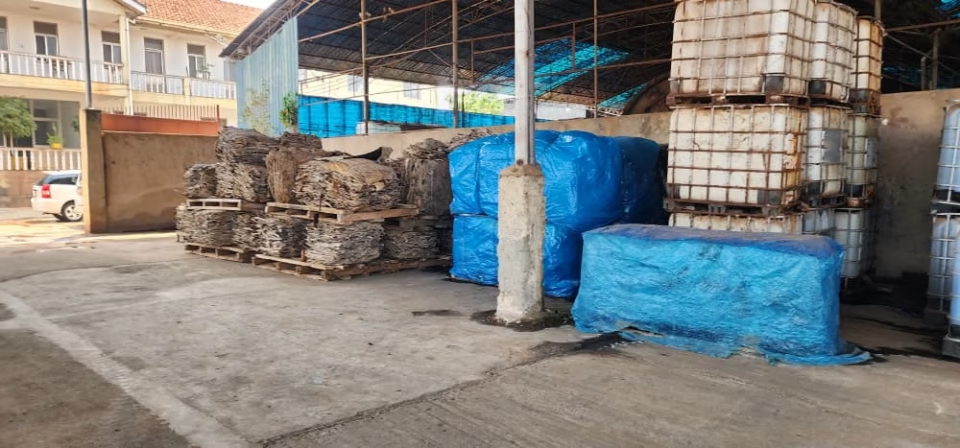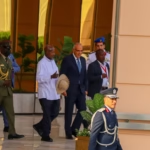Uganda’s hides and skins industry—once a thriving, job-creating sector—is now gripped by confusion, anger, and serious allegations of corruption, following a government-enforced ban on exports that has hit local traders and processors hard.
The crisis traces back to a directive issued on April 10, 2025, when President Yoweri Museveni instructed the Ministry of Trade, Industry and Cooperatives, led by Hon. Francis Mwebesa, to stop the export of raw hides and skins. The President’s goal was clear: prioritize local value addition, industrialization, and job creation.
The Ministry acted promptly, writing to the Uganda Revenue Authority (URA) on May 27, enforcing a ban on exports effective June 4. At face value, it seemed Uganda was taking a bold step toward industrial self-reliance.
But what followed has been far from ideal.

After the ban was announced, exporters—many of whom had already collected hides and skins from across the country—appealed to the Ministry. These were not new collections, but stocks already in warehouses, paid for and ready to ship. In response, Minister Mwebesa agreed to let these traders clear only their existing stock.
However, just weeks later, on June 25, the Ministry abruptly reversed this decision, sending another letter to URA instructing a total ban, even on pre-collected stock.
Exporters were left in chaos. “We followed all the procedures, and the Minister gave us his word,” said one trader. “Then he went back on it without warning. We’ve lost millions.”
Compounding the confusion is the role of the Ministry of Finance, headed by Hon. Matia Kasaija, which had earlier imposed a $1 tax per hide or skin, regardless of quality.
Yet in many rural areas, a single skin sells for as low as 500 Ugandan shillings (roughly 13 cents USD). This means traders are paying more in tax than they earn in sales, leading to massive losses.

Industry voices say Finance was fully aware of this imbalance, but no adjustments were made—even as the Trade Ministry banned exports, cutting off the only market avenue that could absorb the tax burden.
The most explosive allegations now rocking the industry are those involving corruption at the highest level. Several credible sources claim that Minister Francis Mwebesa accepted a bribe from a Chinese investor who sought to be the sole exporter of hides and skins in Uganda.
This investor is believed to be linked to Gracious Hides and Skins Uganda Ltd, a company based in Nakawa and headed by Ms. Shivon—the daughter of Hon. Bright Kanyontore Rwamirama, Uganda’s State Minister for Agriculture.
Shivon was reportedly granted special permission to export one container, despite the national ban. But local observers allege she has started packing multiple containers in a forested area, raising suspicions of large-scale illegal export operations.
This preferential treatment has sparked outrage, especially since there are at least 17 other locally owned hides and skins processors and exporters currently operating in Uganda—all of whom have been denied clearance.
“This is not about value addition anymore,” said a furious industry insider. “This is about silencing competition and handing the business to one well-connected foreign investor. It’s corruption—plain and simple.”
The backlash has been swift. Exporters, are demanding answers. Many are calling for an investigation by Parliament into the Trade Ministry’s actions, and the alleged bribery and monopoly agreement.
One trader who operates a processing facility in Jinja put it bluntly: “We built factories. We hired staff. We added value, just like the President asked. But now we’re being shut out so one foreign company can take it all? That’s betrayal.”
Others are urging the President to intervene personally to restore trust and fairness in the sector
As Uganda pushes for economic self-reliance and industrial growth, the handling of the hides and skins export ban could become a defining test of integrity in governance and policy implementation.
Traders are still waiting—for permits, for clarity, and for fairness. But most of all, they’re waiting for the government to prove that Uganda belongs to all Ugandans—not just the powerful and well-connected.



